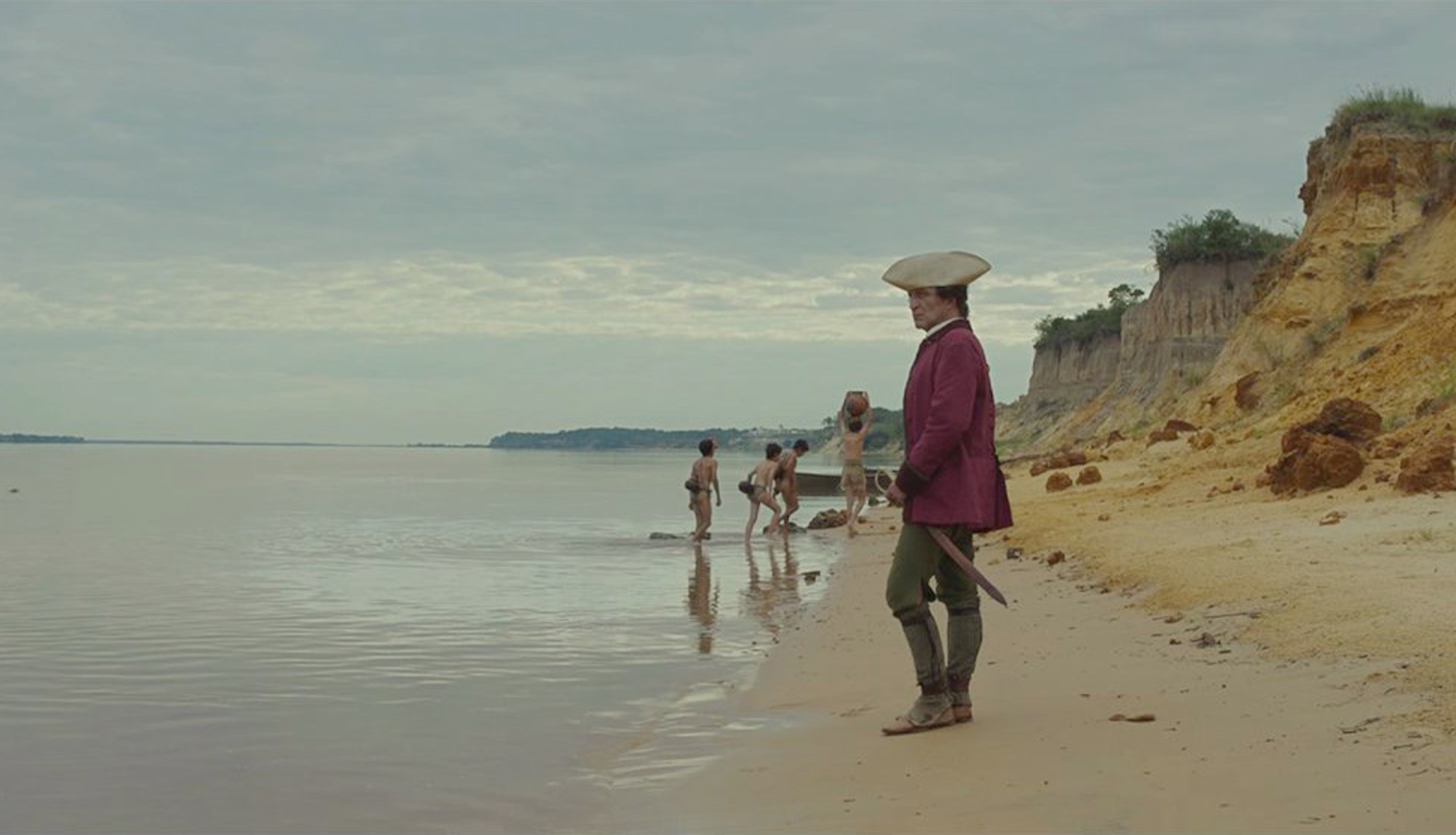
- Golden Globe Awards
Zama (Argentina)
When news that Lucrecia Martel was trying to adapt Zama, the famous novel by Antonio di Benedetto, which was recently translated to English, more than 50 years after it was published in Argentina, the independent film world couldn’t be more excited. After all, Martel was the one who created a new kind of Latin American cinema with her highly successful debut in 2001, La Cienaga, released in the US with its original Spanish name after winning awards at Sundance, Berlin, and Havana. But shortly after she had the script ready, Martel discovered that the rules of filmmaking had changed in the indie world and that her name and prestige, even after directing The Holy Girl and The Headless Woman, both premiering in the official competition in Cannes, was not enough to get the money she needed. “In festival screenings, people laugh when they see the list of producers in the credits, but it’s no longer possible to get two investors who will finance the whole film. It’s easier to find 30 who will participate with smaller amounts. And that’s how we made the movie”, explained the director born in Salta. Among those who helped her make Zama a reality were Pedro Almodóvar and his brother Agustin, as well as Gael García Bernal and Diego Luna, through their production company, Canana Films.Set in the remote outpost of Asuncion during the colonial rule of Spain in South America, the film follows the life of a low-level employee of the crown, Diego de Zama (Mexican actor Daniel Gimenez Cacho), who simply tries to survive the heat, the mosquitoes and the dirt of the place. His wife and children live far away, as they didn’t want to share the difficulties of life in Asuncion while he dreams of getting a transfer to Buenos Aires, the capital of the territory. Feeling lonely, he tries to seduce a Spanish aristocrat spending her days in the colony (Lola Dueñas) but his offer is rejected. The years go by, and Don Diego sees how his requests for a transfer never materialize, no matter how he asks his always-changing superiors. Finally, he decides to accept an invitation to take part in a mission to capture the bandit that has been terrorizing the region for years, the mythical Vicuña Porto (portrayed by famous Brazilian actor Matheus Nachtergaele) risking everything he has, including his own life.Martel explains that even if Zama is representing Argentina in the Oscars, it’s a film where nationalities are blurred, something that is reflected in its international cast: “We tried to erase borders in this film because the story takes place at the end of the XVIII century before nation-states were created. That’s why we needed an important contribution from Brazil. Everything that reflected diversity and erased borders did work in our favor. The same goes for Gimenez Cacho. It would be difficult now for me to imagine anyone else than him playing Diego de Zama, just because he embodied the character so well”, she said.